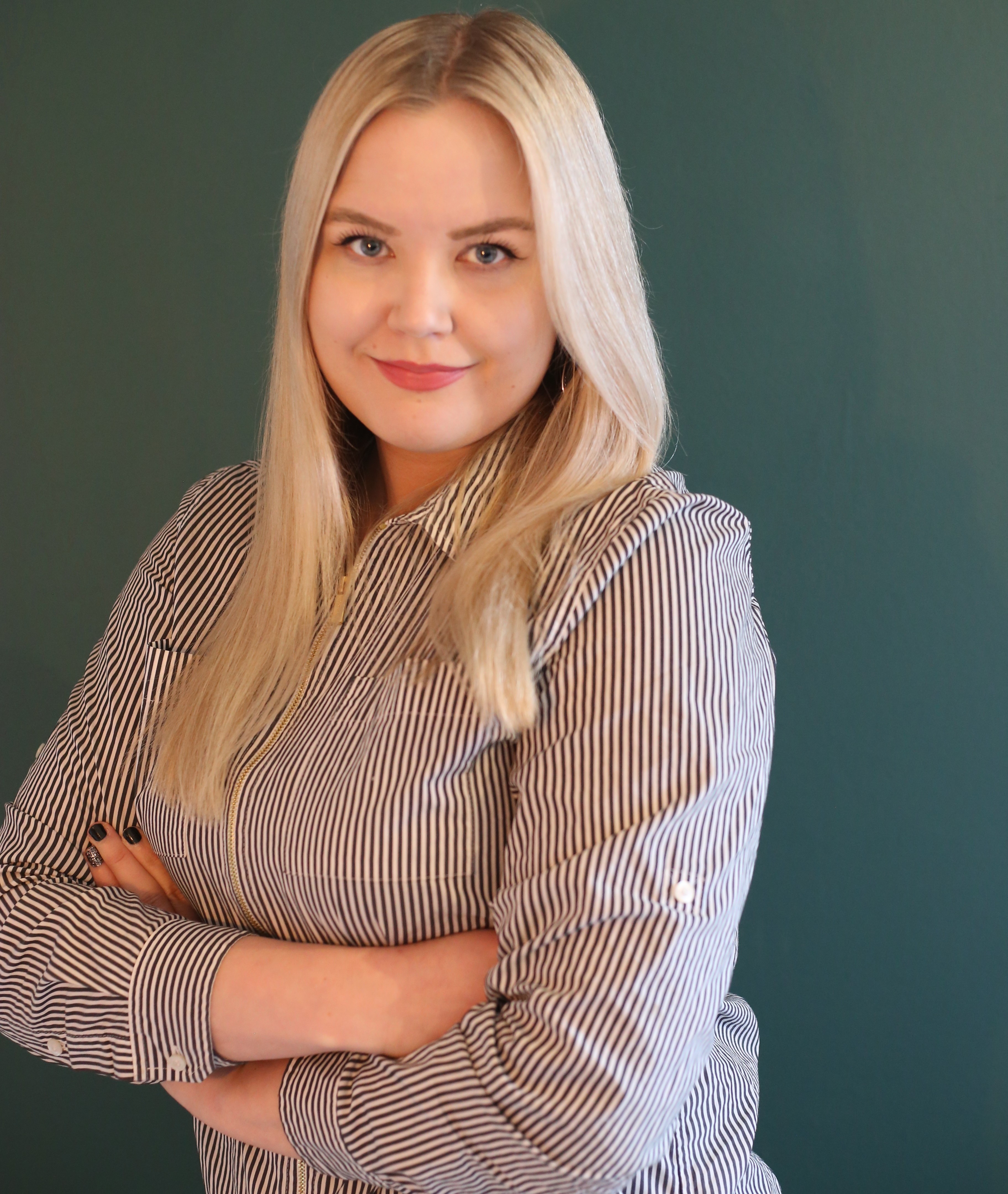More effective cancer immunotherapy

Cancer immunotherapy activates the patient’s own immune defence. The research funded by Instrumentarium Science Foundation studies how treatments can be targeted more effectively.
Every individual is different, and every cancer case is different. A person’s own immune system can fight the development of cancer, but cancer cells have learned to bypass the body’s normal immune defence. However, various treatments and techniques can be used to boost the patient’s immune system to attack the cancer. For some patients, the treatments are effective, while for others, they are not. It is still not entirely clear why this is the case.
“In our studies, we look into the resistance mechanisms of cancers resistant to current immunotherapeutic treatments. At the same time, we are looking for new ways to make cancers that are resistant to immunotherapeutic treatments more immune-responsive. Newer and more effective combinations of precision drugs and immunotherapy can lengthen cancer drug response in patients. We are also developing a method to predict a patient’s immune and drug response in the laboratory. Hopefully, this research platform can be used as part of immunotherapy research and diagnostics in the future,” Principal Investigator Heidi Haikala describes the work of her research group.
In February 2023, Instrumentarium Science Foundation awarded the research group HaikaLab, headed by Haikala, a EUR 100,000 Fellow grant for its research.
Everyone’s immune defence is different
The title of HaikaLab’s grant application was “Using combination immunotherapy to achieve sustainable lung cancer treatment responses”. Lung cancer is the focus of the studies, but combination immunotherapy can be used to find more effective treatments for other types of cancer as well. The final goal of the research is not only developing new and better treatments, but actually curing cancer patients of cancer.
“Immunotherapeutic treatments have brought new hope and promise to fighting cancer. However, they are not effective for everyone, and their effectiveness is hard to predict. Everyone’s immune defence is different, and therefore the individual treatment response is different as well. There are numerous factors at play. Our research seeks to find ways to select the right treatments for the right patients as well as possible. That way, we could save a lot of patients,” Haikala continues.
Haikala, who has performed research in Harvard and worked on cancer research for more than 10 years, believes in a translational research approach. It works two ways, both increasing the use of knowledge from basic research in clinical research and increasing the use of patient samples and disease models in studying disease mechanisms and targets for treatment. In other words, translational research moves flexibly from the laboratory to clinical research and back – according to the needs of the research at the moment.
High-tech solutions to fight cancer
HaikaLab’s research is very dependent on tumour and blood samples received as donations from cancer patients and on clinical partners. The research group uses a lot of high-tech solutions, such as genomic screening and microfluidic models. The research also makes use of 3D printing. It is used in aiming to create tissue models of various cancer tissues, which are important for research.
“As an idealist, I think that if our studies can help a single cancer patient, then all this work is valuable. Unfortunately, I don’t believe there will be a “silver bullet”, i.e. a miracle cure against all cancers, very soon. But we are always learning to better understand how cancers function and thereby developing precision drugs and treatments. We are constantly profiling patients using the collected data and are able to use the data to target treatments better and better,” Haikala says.
The grant helps focus on the science
The grant awarded by Instrumentarium Science Foundation means a lot to HaikaLab. It helps the whole research group focus more on the actual research, as there is slightly less need to focus on the time-consuming process of applying for funding. Psychologically, the funding also plays an encouraging role. The research is expensive, but the money helps implement, e.g. more extensive and more precise sequencing.
“Part of the grant goes to studying cancer resistance mechanisms, where we use CRISPR gene editing. It is used to screen the whole genome of a cancer cell. This way, we can find cancer’s resistance mechanisms which we can bypass with new treatment methods,” Haikala says.
The importance of funding provided by funds has increased in recent years, as the amount of public funding has decreased.
“If Finland wants to stay competitive in international state-of-the-art research, our researchers need to have internationally competitive funding.”
***
HaikaLab is a research group consisting of Heidi Haikala, Bassel Alsaed, Nina Bobik, Elena Kremneva, Ella Valentina Tallqvist, Linh Lin, Lilja Lahtinen and Amanda Kurka. The laboratory is part of University of Helsinki’s Translational Immunology Research Program, and is in close cooperation with HUS Helsinki University Hospital.
***
Text: Kai Tarkka
Picture: Heidi Haikala
